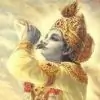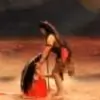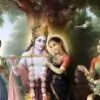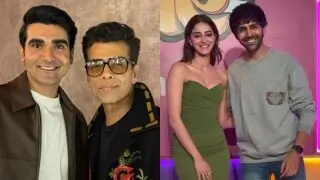From main post-
15. Karna was not Danveer throughout his life out of his generosity but he vowed to follow Asur vrat during Pandavas' exile years (just a couple of years before war). As per this strict vrat, he couldn't say no to person coming to him with some demand which he could fulfil. He followed charity due to this vrat only which he took to be able to defeat Arjun (so it was with ambitions and ill intentions and was followed only for few years of life).
And supporting citation recalled by TM-
After Duryodhana performed the Vaishnava sacrifice:
And the Suta's son, rising up, said, 'By good luck it is, O foremost of the Bharata race, that this mighty sacrifice of thine hath been brought to a close. When, however, the sons of Pritha shall have been slain in battle and thou wilt have completed the Rajasuya sacrifice, once again, O lord of men, shall I honour thee thus.' Then that mighty king, the illustrious son of Dhritarashtra, replied unto him, 'Truly hath this been spoken by thee. When, O foremost of men, the wicked-minded Pandavas have been slain, and when also the grand Rajasuya hath been celebrated by me, then thou shalt again, O hero, honour me thus.' And having said this, O Bharata, the Kaurava embraced Karna, and began, O mighty king, to think of the Rajasuya, that foremost of sacrifices. And that best of kings also addressed the Kurus around him, saying, 'When shall I, ye Kauravas, having slain all the Pandavas, celebrate that costly and foremost of sacrifices, the Rajasuya.' Then spake Karna unto him, saying, 'Hear me, O elephant among kings! So long as I do not slay Arjuna, I shall not allow any one to wash my feet, nor shall I taste meat. And I shall observe the Asura vow and whoever may solicit me (for any thing), I never shall say, 'I have it not.' When Karna had thus vowed to slay Phalguna in battle, those mighty charioteers and bowmen, the sons of Dhritarashtra, sent up a loud cheer; and Dhritarashtra's sons thought that the Pandavas had already been conquered...
😲
I must say, i haven't known about this earlier. But It has a compelling synergy with some key actions later on; two celebrated 'sacrifices'- with tale-telling barters/windows in both.
The objective question is ( not directed to fans) what is actual content, intent in practice of such vow (vrat). Our Sanskrit knowing readers, can you explain with some other instances of this practice from other sources? Not necessarily MB...One example, I can think of- Bali, He was known as self bound giver...Vaman Avatar...
Edited by smrth - 11 years ago


































344